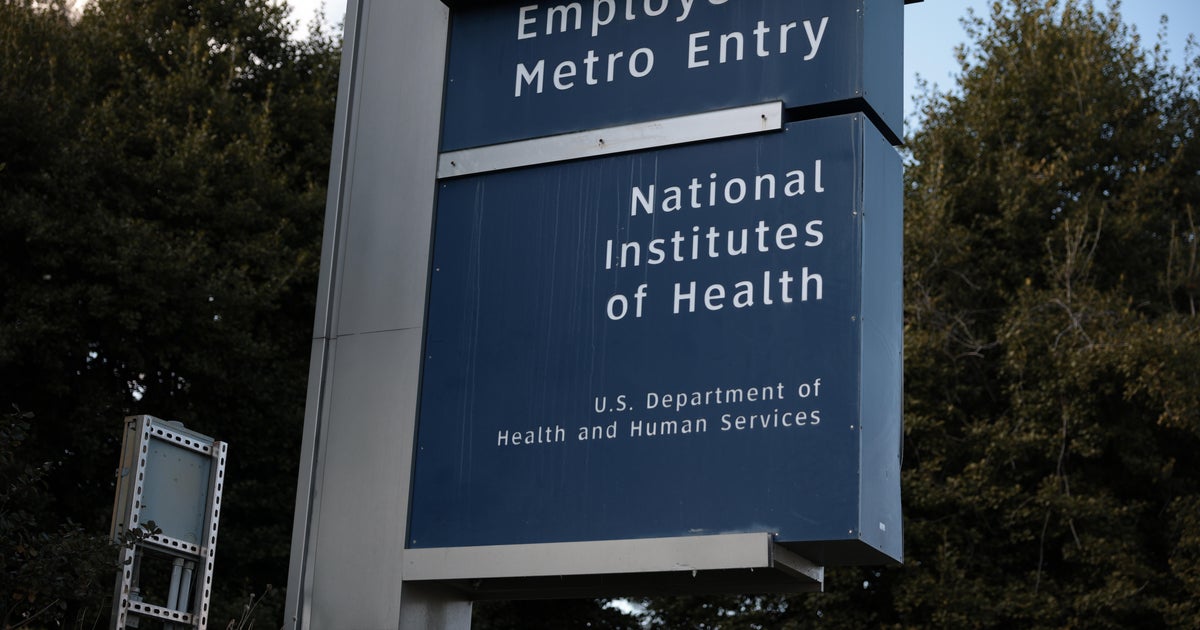Trump Administration Cuts Funding for HIV Vaccine Research
The Trump administration has ended financing for a broad part of HIV vaccine research, stating that current approaches are sufficient to counter the virus. Notifications were sent to researchers on Friday, informing them that the Department of Health and Human Services has decided to pursue available approaches to the elimination of HIV.
Impact on Research Efforts
The cuts will affect two major research efforts by the HIV vaccines that have been financed by the NIH since 2012, according to several scientists at the Duke Human Vaccine Institute and at the Scripps Research Institute. A Moderna spokesman said the vaccine manufacturer has initiated a break in clinical studies, and the NIH network of HIV vaccine attempts has also been put on hold. A high-ranking NIH officer said the HHS has instructed the agency not to give any further funds for HIV vaccine research, with only a small handful of exceptions in the next financial year.
Change in Funding Rules
A change in the household rule that aims specifically at HIV vaccine research is expected to lead to a further reduction in the studies of the NIH awards initiated by scientists. The change increases the consideration of the advance costs of studies on HIV vaccines financed by the agency. Instead of distributing the cost of a five-year subsidy over five years, the NIH plans to earn HIV vaccine dollars from several years of grants for a single year.
Response from HHS
A HHS spokesman stated that "complex and duplicative health programs have led to a serious duplication of efforts" and that "27 separate programs dealing with HIV/AIDS" would have spent $7.5 billion. The administration believes that the United States should have the best medical research in the world and is presenting guidelines to maximize the effects of each taxpayer dollar and ensure proper oversight of this financing.
Concerns from Scientists
Scientists have expressed concerns about the cuts, stating that it is a terrible time to cut funding for HIV vaccine research. Dennis Burton, an immunology professor at Scripps Research, said that "we started seeing light at the end of the tunnel after many years of research" and that "this is a decision with consequences that will linger." Burton warned that HIV vaccine research cannot simply be switched on again, even if a future administration decided to change the course for HIV financing.
Importance of HIV Vaccine Research
The development of an effective HIV vaccine is a difficult goal for researchers, although scientists have celebrated the latest breakthroughs in this area. Barton Ford Haynes, part of the Human Vaccine Institute of Duke Human Vaccine, said that a vaccine is still necessary, despite the effectiveness of current HIV prevention strategies. Haynes praised Lenacapavir, a medication injectable twice a year to prevent HIV, but said that it needs injections every six months to remain effective, making a vaccine necessary to finally enable the pandemic to end.

